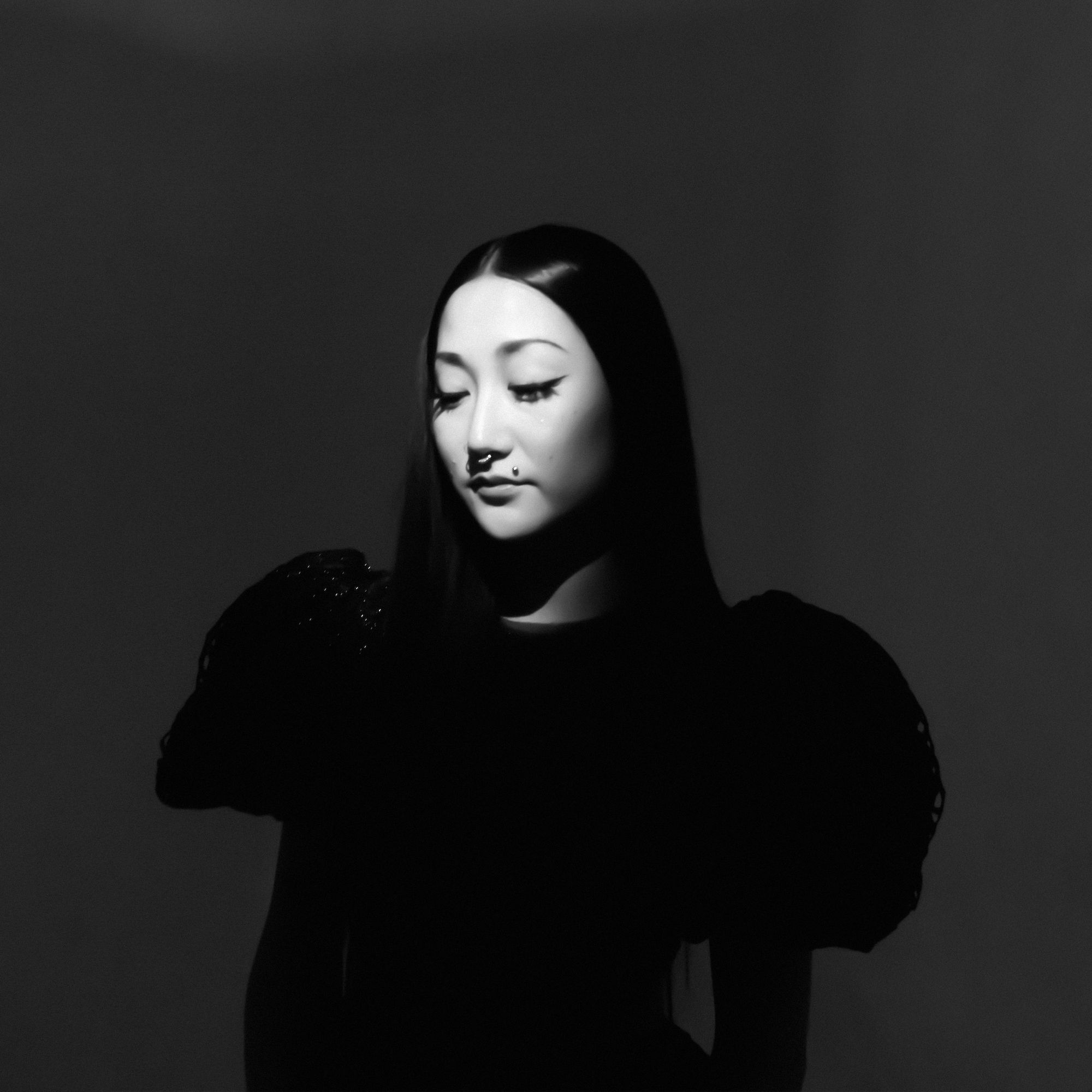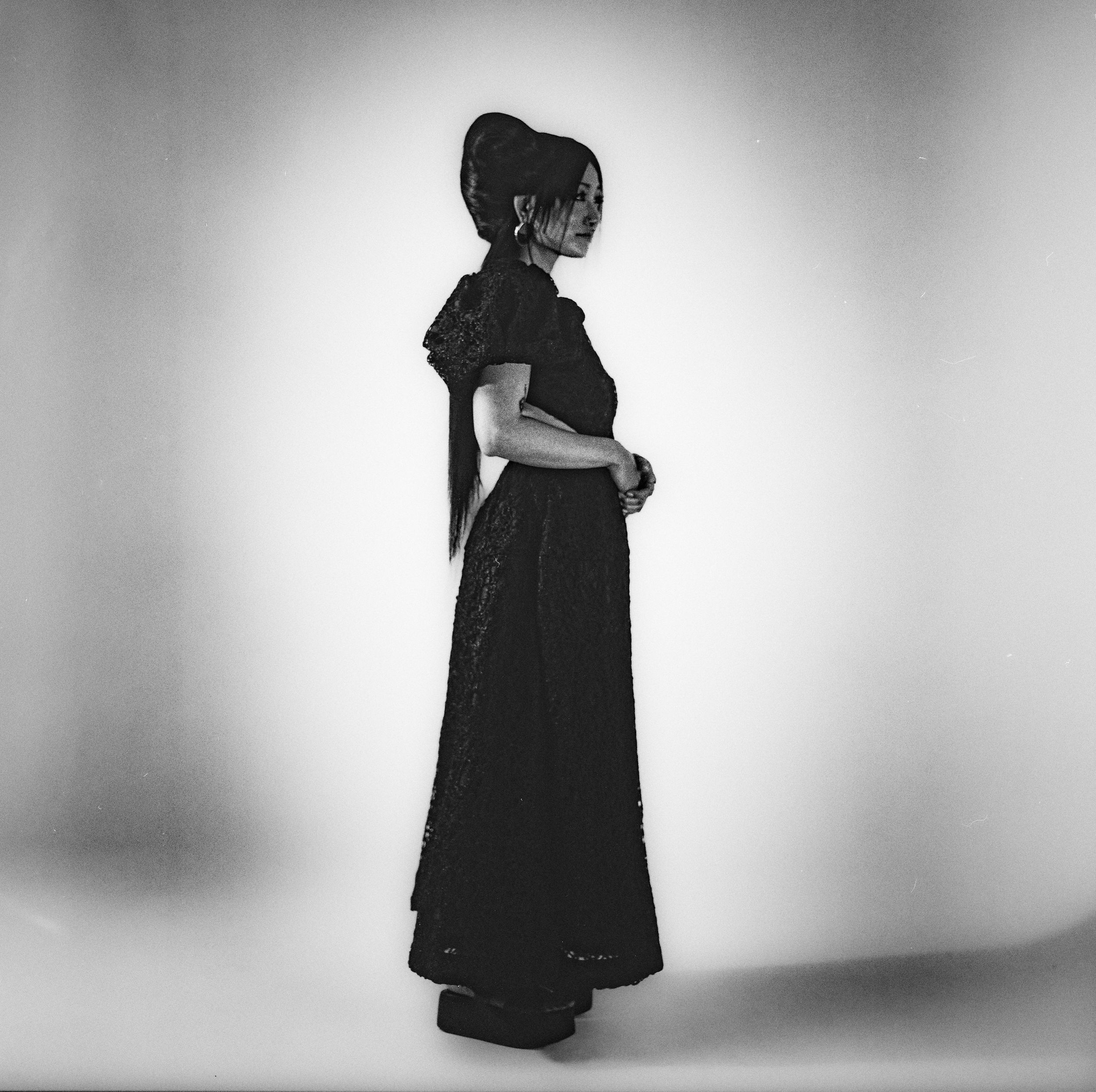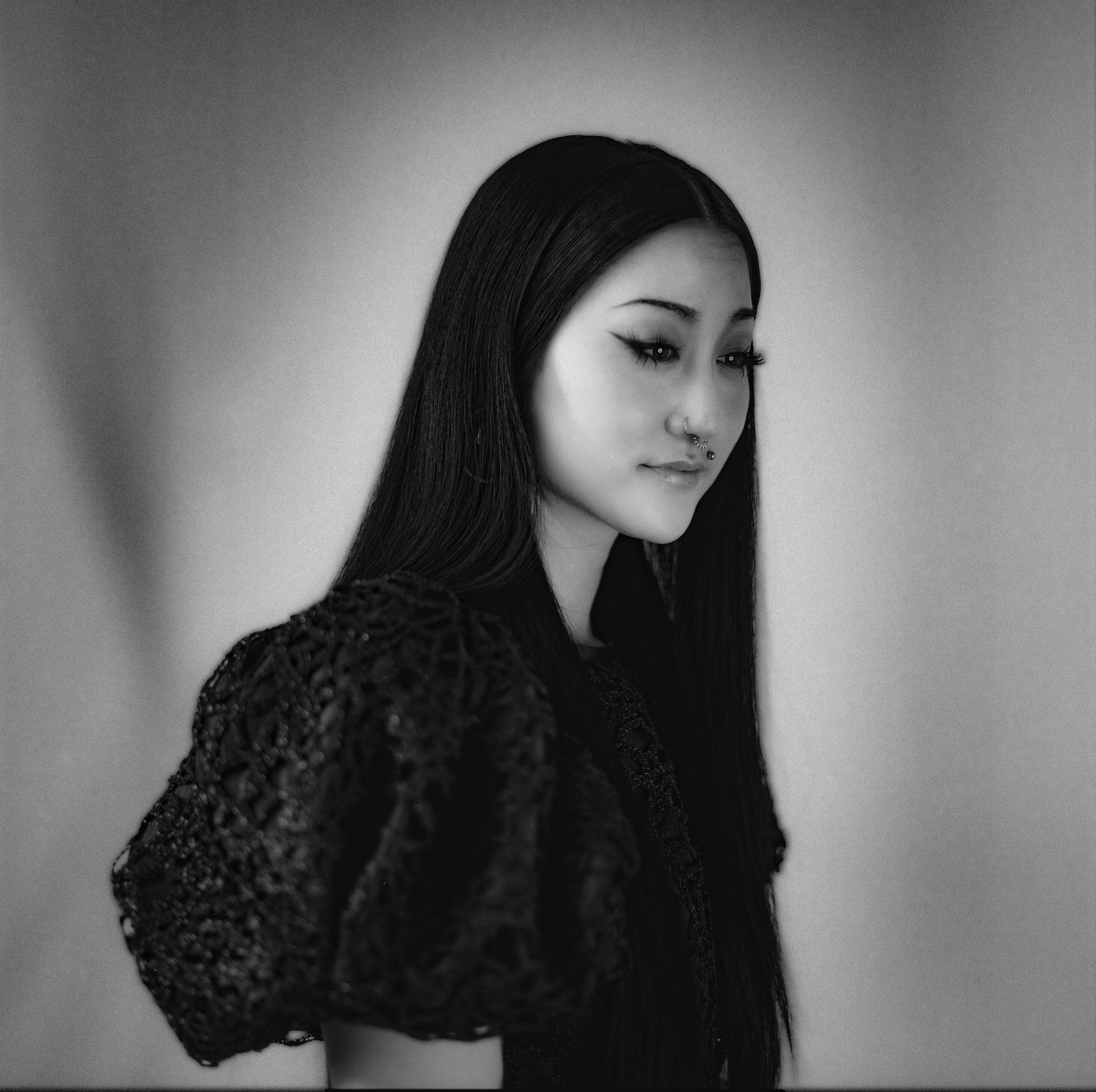
The inaugural release from London-based artist Hinako Omori was widely celebrated last year for its visionary sonic scope – simply entitled A Journey, the record was a slice of haunting and ethereal electronica that could hold its own in comparison to the iconic likes of Brian Eno’s Music For Airports, and Aphex Twin’s Ambient Works. Her forthcoming release, which she will be debuting live at The ICA this December, adds yet another new layer to her already considerable talent, introducing ethereal vocal melodies and surreal lyricism into the heady mix of strange frequencies and binaural tones with which she has quickly become synonymous. It also further cements the classically trained musician’s penchant for reaching towards the imaginative outer reaches of sound engineering – weaving a vast spectrum of synth-led sounds that take the listener on a sonic journey that tips a nod to the legendary scores of Wendy Carlos, while feeling entirely fresh. The second single from the much-anticipated opus “Foundation” is an enticing glimpse of what is to come – think vocal melodies swirling atop interlocking arpeggiators that deep dive into your subconscious, transporting you on a magical and transformative journey within. Here, the eloquent and erudite musician explains why she believes music has the power to heal, and tells us why, for her, an album should always be about the creation of another world.
Your music seems imbued with a real sense of purpose that goes way beyond most popular music – would you say that was true?
That's a really beautiful question. I've worked in music for a long time, but making my own music is relatively new, and have only been doing it for the last three or four years, so I'm still really figuring out what it is that I'm doing. I'm not particularly taught in songwriting, so I guess it’s true that anything that comes out is maybe more about channelling something that I feel at that time – I guess I'm figuring out myself as I go along, and the music is really a map of that. Most of my music comes through experimentation and is really a kind of collage – where I put together what I come out with, and then see what makes sense. I don't necessarily sit down and think, okay, I need to write a song – it’s more that I feel a really strong connection with synthesisers that I want to explore. If I create something and then feel like the music needs more of a narrative, or some words to channel what it is that the music is trying to express, I will pair it with something that I've written down separately. It's always such an honour to hear how it might connect with people listening to it in their own way, and having their own perception of it. That is a beautiful thing.

It sounds like you approach sound the way a painter might approach a canvas, rather than a songwriter …
I guess it kind of is. It's so interesting you bring up the word painting, because a lot of the time I am definitely thinking in textures rather than melodies. I'm really interested in creating structures and soundscapes, so when I'm layering sounds, it's much more about what I can employ to create a certain type of texture. I didn't really think about it in that way before, but it is about building on things, much like a painting with layers, and then seeing what resonates. Everything is energy, isn't it? And vibration. I think that there is a very strong connection with electronics and with us as beings, because electronics can give us a really beautiful way of expressing ourselves. I know very little about electronics, so I'm still kind of experimenting in the dark, in a way. I do have more of an understanding of how things work than I did at the beginning, of course, which has come from years of playing with synths but there still a strong sense of the unknown that I enjoy – you don't ever necessarily know what's going to come out, but that's the beauty of it sometimes.
How much has your classical education as a pianist both helped and hindered you in your journey as an electronic artist?
It's interesting, because now that I'm older I feel much more of a connection and a huge appreciation for classical music. I guess I always have had that, but when I was a kid learning to play piano, I also felt in some respects that there were certain limitations to it. I don’t mean that to sound big headed at all, and perhaps limitations is the wrong way to phrase it, but in classical music there is a structure that has existed for a very long time and, and there's a certain way to do things. I just felt as a kid that I wanted to experiment a bit more. I didn't realise it in myself at the time, but there was something within me that was steering me away from wanting to go too much further down that classical path. I felt so tied to playing what was on the page and on the score that I felt very stifled in terms of improvising, and I wanted to break that. When we get so used to doing something, it becomes like a muscle memory where we feel like we're in an imaginary box in which we can only do a certain type of thing, when actually it's our own mindset and perception of self that is playing tricks on us.

What would you say are the core emotional themes you are exploring on the forthcoming album?
I really wanted to address the ugly sides of our shadow selves on this album – the side that we tend to repress or suppress within ourselves, and look at bringing those aspects to the fore, in order to heal them. Personally, it is a process that has really helped me, and I wanted to portray that sonically. I suppose the album is almost like an arc, where there are moments of really intense synth sounds that are not particularly easy-listening, and then it steers you back to a more calm state. The idea was that at the end of the album you feel that you have come to a point where you feel that there is a sense of inner stillness and peace within. Because, ultimately, you know, the relationship we have with ourselves is the longest one we'll have in life. And it’s really important to have a deep sense of compassion for ourselves, and for others. It can take something quite big in our life for that to happen – for a moment of self-realisation, or something like that. But I think we're all more than capable of reaching that. Ultimately, on this album, I think I wanted to express this idea of coming to a sense of peace within ourselves.
Would you say that you are most interested as an artist in creating an immersive sonic world?
Yeah, I would say so. I really love the idea of it being a continuous world that you kind of step inside for a bit, and hopefully by the time you come out you've felt, I don't know, whatever it is you've felt, but it's been a journey.Some of my favourite albums, are like that – it’s like there is never a track that takes you out of the moment and it's a seamless experience. I love Wendy Carlos [the electronic pioneer and synth legend who created scores for classic Kubrick films The Shining and A Clockwork Orange], and the way that she creates her own worlds – her vision is just absolutely stunning. I have so much love for her music. I find it really hard to express in words when I really love something, but it’s like I have a physical sensation when I listen to the music and it's just like, outpouring of love. Music just creates a really strong, visceral emotion in me, and it's so inspiring when that happens with an album. I can't even fathom how Wendy created her incredible sonic worlds, but it is something I find really interesting and relate to.
Portraits but Luca Bailey.
Find out more about HInako Omori here.
Hinako Omori plays The Institute of Contemporary Arts this December.